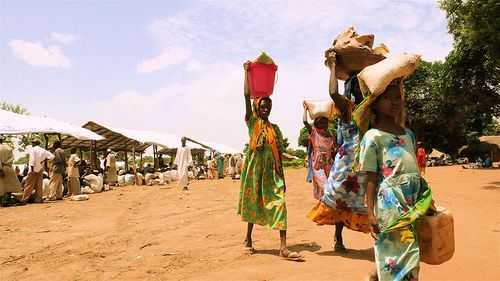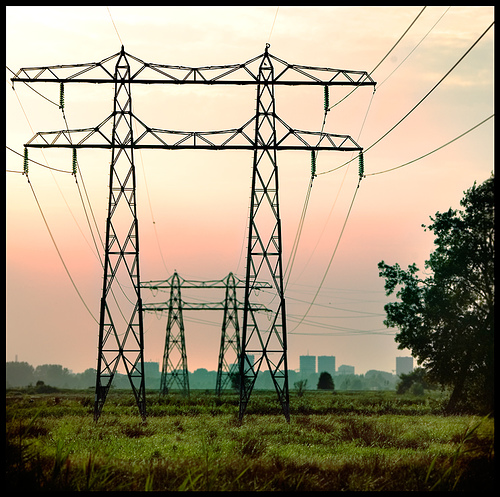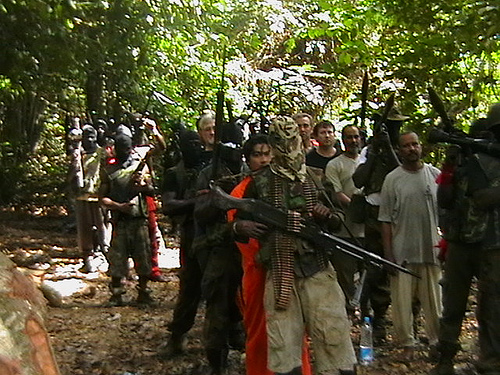
This week the ISN examines the evolving concept of security in relation to the profound environmental challenges of the 21st century – concluding that international policymakers must address the complex interplay between resource scarcity and violent conflict with a clarity of vision and cultural sensitivity.
This ISN Special Report contains the following content:
- An Analysis by UNDP advisor Dr Marwa Daoudy provides an overview of the international policy and academic communities’ reactions to the increasing securitization of natural resources in recent decades.
- A Podcast interview with ISN founder Professor Kurt Spillmann examines the environmental factors that impact on conflict – concluding that cultural sensitivity and vision are needed for successful resolution.
- Security Watch stories about the global grab for resources and the tensions that ensue – from the Tajik-Uzbek border to Bangladesh, India and beyond.
- Publications housed in our Digital Library, including an East/West institute paper on ‘Improving Regional Cooperation on Water’ and case studies on the relationship between oil and conflict from Nigeria to Venezuela.
- Primary Resources, like the recent European Commission’s paper, ‘Climate Change and International Security.’
- Links to relevant websites, among them a Global Politics magazine article about the possibility of increased conflict due to climate change-induced resource scarcity and migration.
- Our IR Directory with relevant organizations, including the Oakland-based Pacific Institute think tank that offers research and policy analysis on issues at the intersection of development, environment and security – with a special focus on water and climate.




